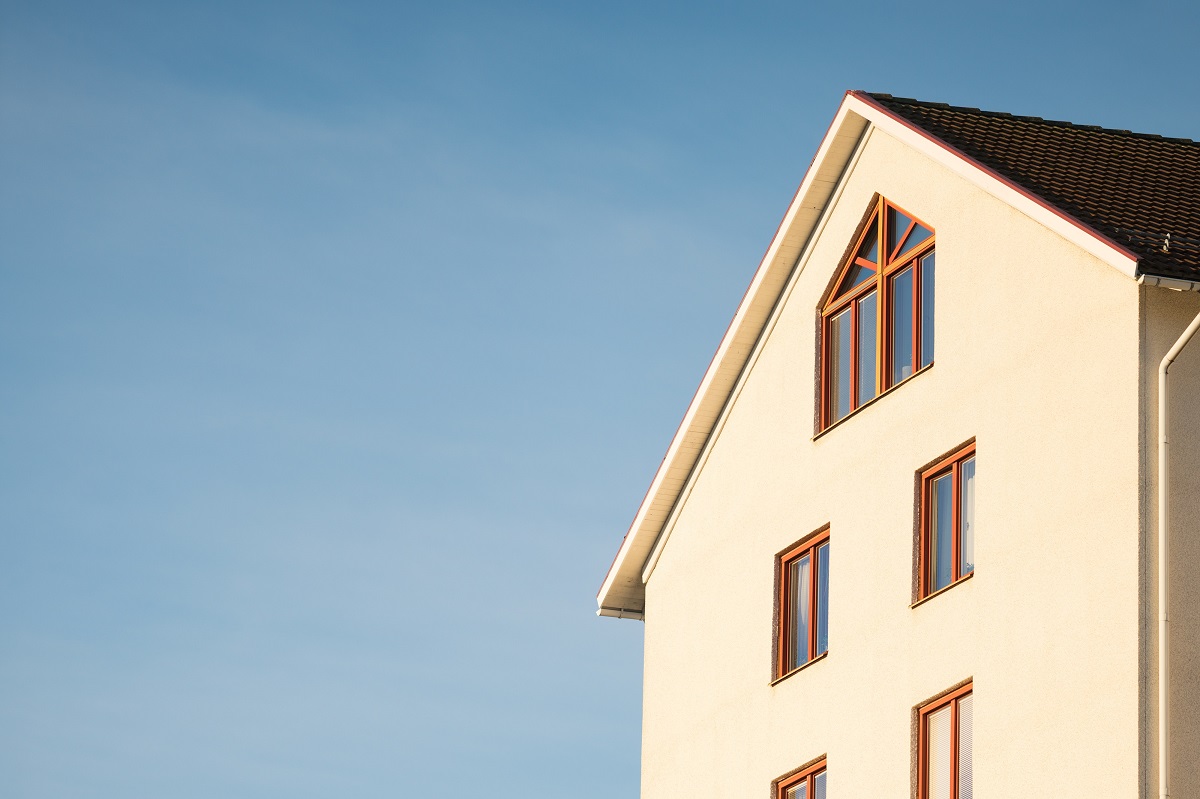Six in ten consumers say tax incentives and a low-cost finance scheme would encourage them to invest in home retrofits – BPFI report
BPFI Retrofit Consumer Survey reveals that reducing energy costs was the main reason for people wanting to improve their home’s energy efficiency, but cost cited as the main factor deterring people from investing in upgrades
New BPFI report recommends financial supports to make retrofits more affordable including tax incentives, a low-cost finance scheme, increased grants and subsidies for ancillary costs such as Building Energy Rating (BER) certification
Monday 25th September 2023 – A new report published by Banking & Payments Federation Ireland (BPFI) into the current status of retrofitting in Ireland has today called for further government action to make retrofitting more affordable for homeowners through the introduction of tax incentives, a low-cost finance scheme, increased grants and subsidies for ancillary costs such as Building Energy Rating (BER) certification.
The report, Decarbonising Homes in Ireland, finds that while there are signs of growing momentum in home retrofits, at current rates of progress and given the scale of the challenge, the government’s targets for home retrofitting and heat pump installation are ambitious and will require a significant increase in delivery necessitating a range of financial supports to enable households bridge the affordability gap.
Cost cited as the main factor deterring people from investing in home energy upgrades
With 40% of consumers not aware of the BER rating of their homes, consumer research commissioned for the report (BPFI Retrofit Consumer Survey) has also revealed that the vast majority of respondents (86%) stated that reducing energy bills is one of the most important reasons for wanting to make the home more energy efficient. However, with the estimated cost of a full retrofit ranging from €25,000 to €75,000 depending on the property age, cost was cited as the main factor deterring people from investing in home energy upgrades.
The survey further shows that some 63% of respondents agreed tax incentives would encourage them to invest in home renovations to improve energy efficiency, while 58% said a low-cost finance scheme supported by government would have the same effect.
Speaking on the publication of the report the recommendations set out within it, Louise O’Mahony, Head of Sustainable Banking, BPFI said: “The Climate Action Plan envisages 120,000 residential buildings being retrofitted to BER B2 standard by 2025, and 500,000 by 2030. The scale of the investment required is massive. The Climate Action Plan puts the cost of housing energy efficiency improvements at €20 billion by 2030. That investment is necessitated by the current performance of Ireland’s housing stock with only about one fifth of Irish homes achieving a BER of B3 or better and just 14% of homes have a rating of B2 or higher. Therefore, about 80% dwellings in Ireland likely have a BER of C or worse.”
“Government has made considerable efforts to support the retrofitting of residential homes on a large scale, including the enhancement of the National Home Energy Upgrade Scheme with grant levels of up to 50% of the cost of a typical deep retrofit. However, further action is now required on the part of government in order to ensure retrofitting numbers reach the scale required to meet Ireland’s decarbonising targets. Lenders are already supporting the aims of the government’s Climate Action Plan through green mortgages and personal loans, as well as by educating and informing home buyers, landlords and re-mortgagers of the benefits of retrofitting. However, as we can see from the BPFI Retrofit Consumer Survey only about one in four of respondents planning home improvements for energy efficiency in the next three years expected to use credit to pay for the retrofit. About half of respondents said that they would use savings, at least in part.”
“Government action is required to address the affordability gap by increasing the grants and subsidies available for home retrofits and applying them to ancillary costs such as BER rating certification. To begin with, BPFI believes the government’s proposed home retrofit loan guarantee proposed should be launched as soon as possible. In addition, tax incentives should be introduced to make it more attractive for people to use savings for retrofit projects. Consideration should also be given to a Stamp Duty rebate scheme to encourage people buying low BER rated homes to upgrade them within a specified time period.”
“BPFI is also advocating for the establishment of a government-led, cross-industry Steering Group to identify practical and innovative solutions to help people retrofit their homes. Knowledge sharing between different actors including lenders, government departments and agencies, the CBI and other relevant private sector organisations will help to identify new ways of ramping up retrofitting activity to the levels required to meet government targets.”
ENDS/
Note: Banking & Payments Federation Ireland (BPFI) represents the banking, payments and fintech sector in Ireland. Together with its affiliates, the Federation of International Banks in Ireland, and the Fintech & Payments Association of Ireland, BPFI has 100 member institutions and associates, including licensed domestic and foreign banks and institutions operating in the financial marketplace here.
Contact: Fiona Murphy, Head of Communications, 087 9740046, fiona.murphy@bpfi.ie or Jillian Heffernan, Director of Communications, 087 9016880, jillian.heffernan@bpfi.ie.






